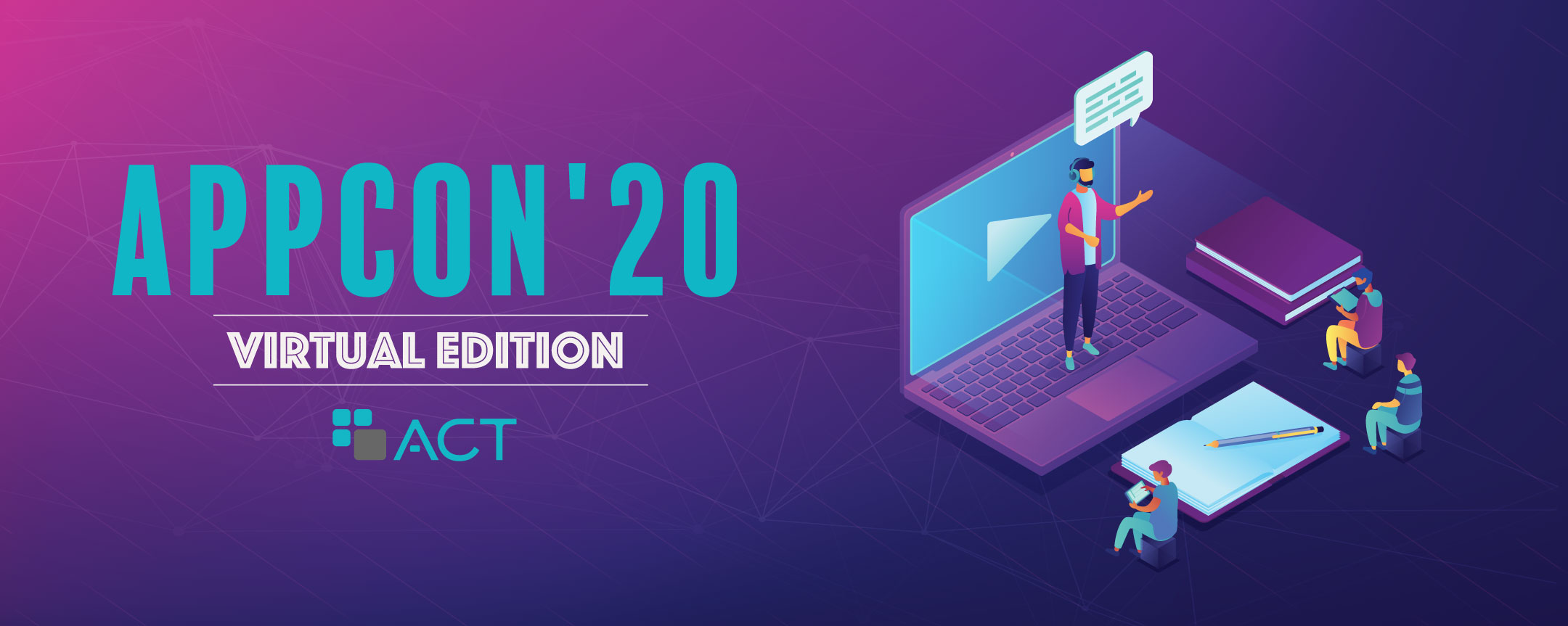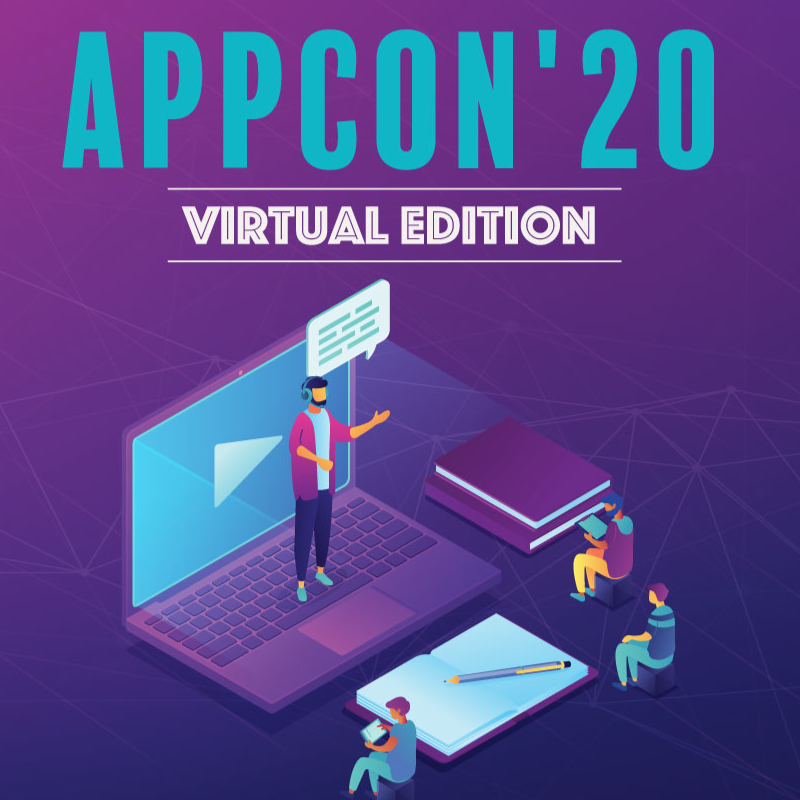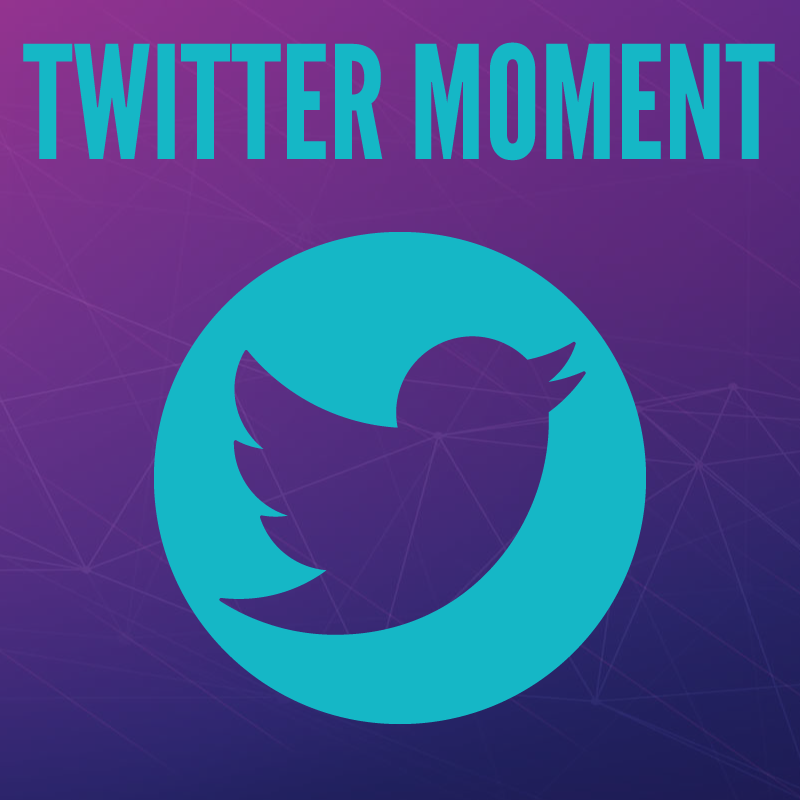For nearly a decade, members of ACT | The App Association made the trip from every corner of the United States to our nation’s capital for three days of education and advocacy. From issues related to privacy and encryption to connected health software and devices, our members take to the Hill and relevant government agencies to discuss the most important issues facing the app economy and the small businesses that make their industry one the most innovative in the world. Then 2020 happened.
COVID-19 upended “business as usual,” but that doesn’t mean business just stops; our members harnessed the power of the app ecosystem and pivoted their business to serve the world we’re in now. And that small business spirit was the driving force behind App Economy Conference 2020 | Virtual Edition, AKA: AppCon’20.
Before we dive into the issue areas, here’s a little logistical breakdown of AppCon’20. The event spanned across five weeks – weeks one through four were issue specific, and week five served as the “catch-all” for any meetings that couldn’t be scheduled for their corresponding week. Meetings were 100 percent virtual and held on our new favorite platforms like Microsoft Teams, WebEx, and Zoom. And as usual, we hosted hAPPy hours, but virtually of course.
Week 1 – Broadband
Americans depend on the internet to access healthcare services, education opportunities, and participate in the global economy. Unfortunately, more than 20 million Americans currently lack access to broadband connections, leaving them on the wrong side of the digital divide. The complications of work and school from home during COVID-19 have amplified this ever-present issue tenfold and was another driving force behind the tsunami of members who joined us to advocate for the use of television white spaces (TVWS), rapid 5G deployment, and more accurate broadband mapping across the United States. We heard from members like Julie Yack of Colorado Technology Consultants who has had to spend tens of thousands of dollars to dig trenches to run broadband to her home, where she runs her business. While Julie is grateful she was able to create an internet connection for herself, she’s well aware that every American doesn’t have the privilege to do it, and she is a champion for this issue.
Meetings with Federal Communications Commission (FCC) Commissioners Mike O’Rielly and Brendan Carr, as well as Chairman Ajit Pai’s office and Commissioner Jessica Rosenworcel’s office, allowed our members to see, firsthand, actions the agency is taking to bridge the digital divide. Key staff from the House Energy and Commerce Committee also joined the week’s meeting roster to discuss the need for bipartisan broadband legislation like the Keeping Critical Connections Act.
Week 2 – Connected Health
Between an alarming physician shortage and the rapid spread of COVID-19, Americans’ healthcare needs are evolving. The connected health tools that our member companies, like Kaia Health, create allow physicians and healthcare providers reach a larger population and lead to better patient outcomes. As more connected health innovations enter the marketplace, patient outcomes and consumer wellness will continue to improve, but only if federal policies allow them to do so. Rachel Trobman of member company Upstart Health echoed that sentiment. Upstart Health launched Ouchie, an app that allows both patients and their doctors to better measure, understand, and treat chronic pain from a device. Rachel indicated that the struggle isn’t necessarily getting people to download the app, it’s making sure patients have access to the devices they need to get their hands on these life changing healthcare management tools. Rachel went on to explain how legislation like the WEAR IT Act would help get devices and software that help patients manage and treat chronic conditions and pain to more people who need them.
Our connected health members are acutely aware of the roadblocks that have prevented the best possible patient outcomes and took (virtually) to the House and Senate, as well as the Department of Health and Human Services’ (HHS) Dr. Don Rucker, to discuss how to remove those roadblocks while still keeping patients and their data safe.
Week 3 – Privacy and Encryption
Our member companies are aware of the responsibility that comes with handling millions of terabytes of data every single day and work hard to build the most effective privacy and data protection measures into their businesses. However, the cost of running a business that can comply with a patchwork of privacy legislation could be detrimental to our small business members. This is why members like Chris Adams of member company SouthernDNA joined Privacy Week (from vacation!!) to highlight the need for a national privacy standard. Chris discussed the unintended consequences that small businesses face with state-by-state privacy compliance, pointing out huge corporations, like Google, have no issue complying with 50 different privacy laws, but boutique-style dev shops, like SouthernDNA, simply don’t have the resources to do so and could be forced to close their doors.
In addition to the uncertainty associated with data privacy legislation, meetings with the Federal Trade Commission, individual House and Senate offices, and the Senate Commerce Committee also discussed the essential continued implementation of end-to-end encryption and how it is the only factor keeping sensitive information, ranging from medical to financial and everywhere in between, out of the hands of bad actors.
Week 4 – Platforms and Standard-Essential Patents (SEPs)
Platforms led to the creation of the app economy as we know it and changed software distribution forever, but recent antitrust investigations on the Hill have put platforms and the app ecosystem that keeps them running at risk. Platforms like the Apple App Store and the Google Play marketplace have allowed businesses, like member company Vēmos, to both grow a thriving business for nearly the last decade and keep that business open during COVID-19. Vēmos’s Whitney Larson and Parag Shah have pivoted their business to business (B2B) bar and nightlife software to a business to consumer (B2C) COVID-friendly contactless payment option for bars and restaurants. The business-saving impact of this innovation isn’t just felt on Vēmos’s end but at each restaurant that’s able to safely serve their customers during the pandemic.
In addition to our meetings with lawmakers and their staff in the House and Senate on the dire unintended consequences that could come from the hammer of government regulation of these platforms, our members also met with staff from the Federal Trade Commission (FTC) around standard-essential patent issues. Dave Noderer of member company Computer Ways detailed the scary and all-too-real scenario that could play out between his small business and a telecom giant like Qualcomm, which is notorious for breaking FRAND (fair, reasonable, and non-discriminatory) commitments by charging exorbitant rates for license fees, among other questionable licensing practices.
Thank You
The technology that our members create isn’t just the game that’s keeping you entertained during quarantine; they create connected health tools that improve and save lives; they create secure systems that keep your most private data safe; they create the technology that helps your favorite local restaurants keep their doors open.
We’re incredibly grateful and APPreciative to all of the members of the App Association who took time out of their workdays and away from their companies to educate and advocate to policymakers around creating a better app economy and ultimately a better world, no matter the circumstances or hiccups along the way.



